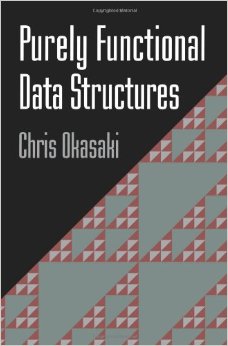Grading
Grades will be based on programming assignments, written exams, and a
course project according to the following weights:
- 40% : Homeworks (~5-7)
- 30% : Course Project
- 30% : Exams (2)
Homeworks
Programming assignments will be released approximately every week
or two and will be your primary vehicle for digging deeply into the
course material.
Late Days
You may use up to four late days total across all programming
assignments. No additional extensions will be given once you have exhausted
your late days.
Late days can only be used in discrete chunks. That is, one late day with
respect to a time t is defined to be any amount of time in the range
[1 second, 24 hours) after time t. Submission times, and any
late days used, will be calculated using the timestamps of the most recent
files you've submitted; you do not need to do anything anything special
to use late days.
The programming assignments may naturally become more involved later
in the quarter, so it's probably not a good idea to use all your
late days on the first assignment or two.
Voting
Many assignments will include open-ended problems that will give you
a basic specification of something to implement but will leave many
of the details up to you. These problems will typically comprise a
small portion of an assignment's grade, so you can decide how much
effort and creativity you will put in. The goal is get extra practice
with Elm and start brainstorming topics for the course project.
To award points for these problems, we will collect everyone's
submissions and post a poll where
all students will vote on their favorite submissions.
Course Project
The course project will be your opportunity to design and implement
something of your choice. You will find more details
here,
but generally the idea is to work
in groups of one or two and build something fun and interesting in Elm
that makes use of web programming and data structures in some way. Set your
aims high, to contribute an interesting project to the Elm community!
The project will be split into several milestones, culminating in
demos at the end of the quarter.
Late days cannot be used for any of the project deadlines.
Exams
We will have two in-class written exams, each of which will
cover four or five weeks of material. The exams will be
equally weighted.



